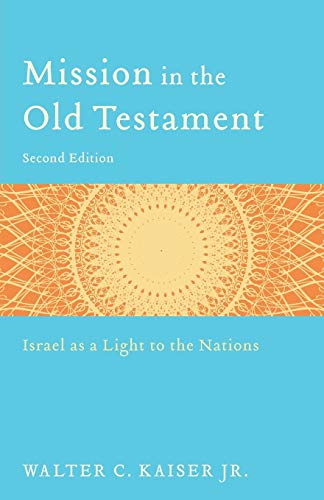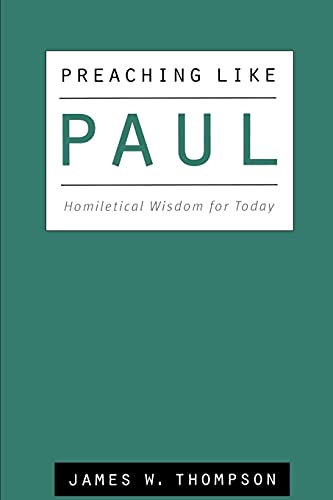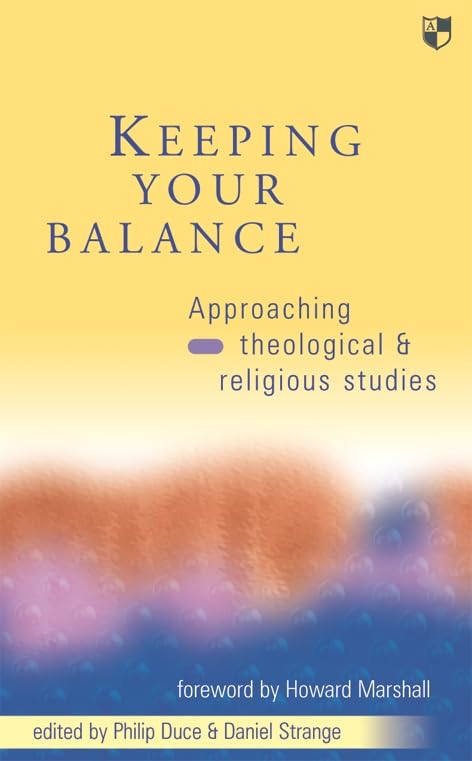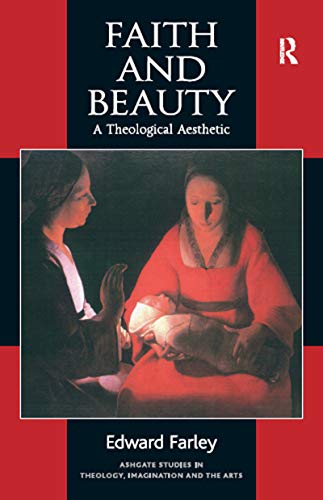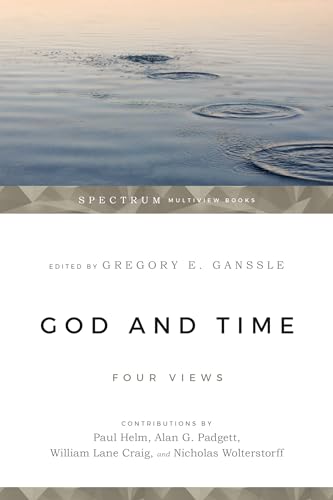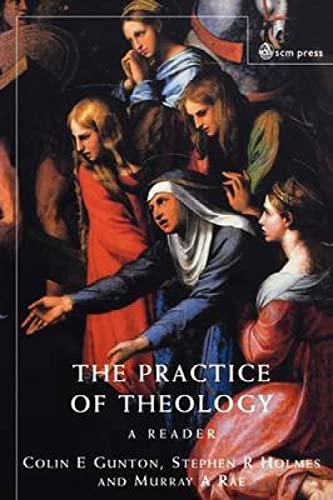MISSION IN THE OLD TESTAMENT: ISRAEL AS A LIGHT TO THE NATIONS
Written by Walter C. Kaiser Jr Reviewed By Elizabeth A. ClarkWalter Kaiser was out his approach to an understanding of God’s purposes for all peoples in his preface. In the introduction he defines terms, describes the God of Israel as ‘the sending God’ and states his thesis. Kaiser describes Genesis 12:3 as formative theology: ‘a divine program to glorify himself in bringing salvation to all on planet earth’, this is where mission begins. Here is the first Great Commission mandate of the Bible’ (13).
In six chapters, Kaiser selects and explains biblical passages in support of his thesis. His interpretation of Genesis 3:15, key to understanding his thesis, is explained, namely, that ‘the coming Man of Promise, from the male line of Eve, would once and for all settle the issues that the sin of Adam and Eve had raised’ (16). He relates the call of Abram, with its promise of blessing, to blessing as a key concept in Genesis 1–11.
In reviewing Exodus, Kaiser explains Israel’s role as the means of salvation of the nations. The blows that God inflicted on Egypt had an evangelistic purpose, that both Israel and the Egyptians might ‘know’ the uniqueness of God and that his name be proclaimed throughout the earth (Exod. 9:14, 16).
The ‘election of Israel … was the very means of salvation of the nations’ (22) in relation to whom Israel had a priestly role (Exod. 19:4–6). Further, Mosaic legislation offered salvation to the resident alien (Exod. 12:48; 22:21).
Kaiser counts 175 universalistic references in the Psalms and substantiates his thesis in more detail by looking at Psalms 67 and 96. In linking Psalm 67 to Genesis 12:1–3, Kaiser comments that God’s blessing of Israel was to be a demonstration of his will to bless all nations. The fact that this psalm was sung at the Feast of Pentecost, thanksgiving for harvest, makes it a symbol of the spiritual harvest God wants to gather from the nations. Psalm 96 is more explicit, calling for the announcement among the nations: ‘The Lordreigns’.
He highlights examples of believing Gentiles such as Melchizedek, Jethro, Rahab and deals in some detail with the missiological implications of Naaman’s healing, a story he recounts well. At this point he re-states his thesis (47).
Calling attention to Isaiah’s universalism, especially in the ‘Servant’ passages Kaiser comments on those passages where Israel is called to be a light for the Gentiles, and a covenant for the people (e.g, Is. 42:1, 4, 6) which Paul and Barnabas regarded as authorisation for their mission (Acts 13:47).
Kaiser makes reference to other OT prophets whose ministry extended beyond Israel. He states that an aspect of God’s purpose in exiling Israel was to counter Israel’s neglect of her mission to be a light to the nations.
By way of conclusion, Kaiser shows from Romans 15:8–12 that the OT was Paul’s authoritative source for mission.
Kaiser writes persuasively and well. He has produced a valuable volume on mission as a theme running throughout the OT, indeed of mission as God’s plan and purpose from creation, through the call of Abram and the history of Israel. Some critics will undoubtedly contend that Kaiser claims too much. Certainly not all commentators will support his exegesis of Genesis 3:15. However, the many insights offered make the volume a useful resource. The documentation: glossary, bibliography, Scripture, subject and author indexes, adds further value.
Elizabeth A. Clark
Lesmahagow


